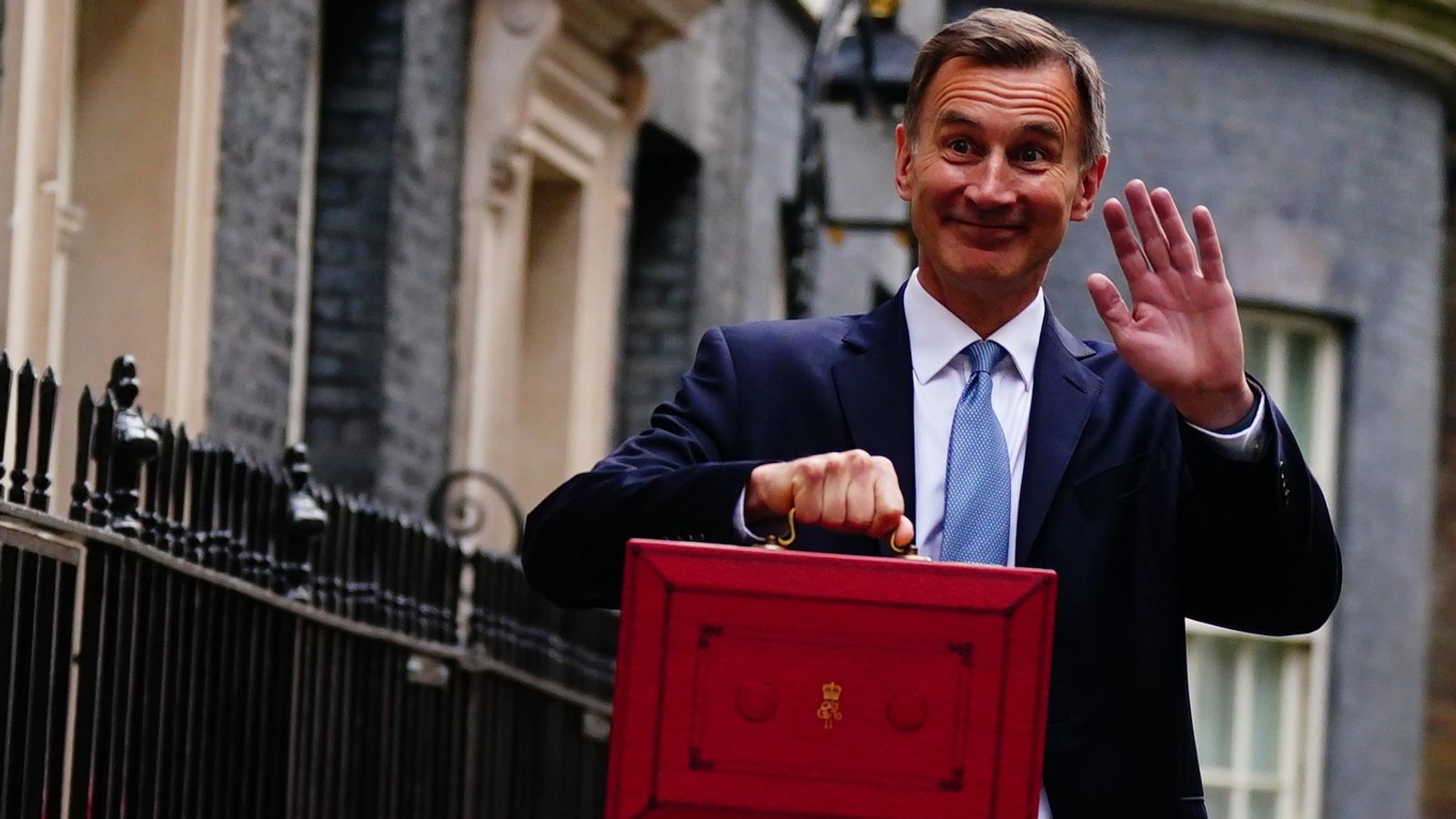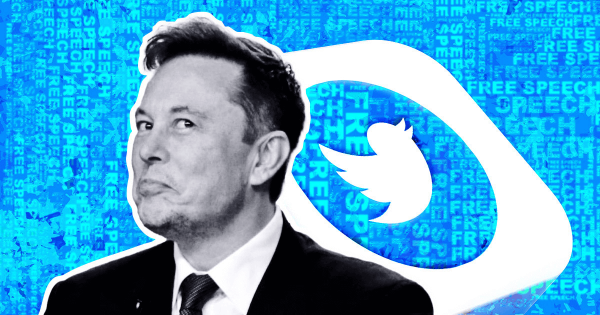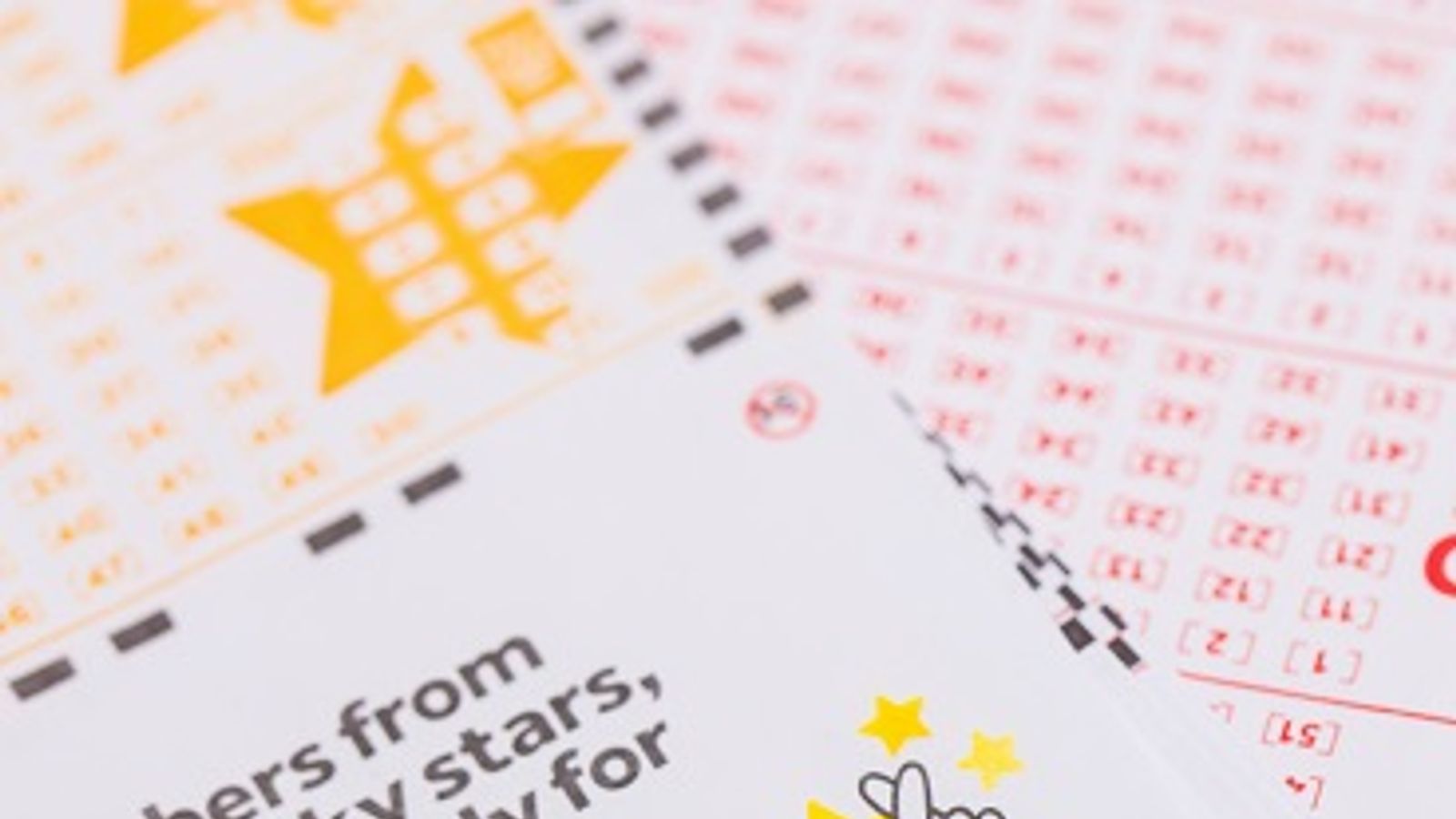The chancellor has announced the spring budget will be on 6 March next year.
Budget day is arguably the biggest day of the year for the chancellor of the exchequer, and it could well be Prime Minister Rishi Sunak‘s last chance to convince the public his party can be trusted with the UK’s finances.
On what could be the final major fiscal event before a general election, Jeremy Hunt will be keen to ensure voters feel the benefit of any tax cuts before they go to the ballot box.
And with speculation about a cut to inheritance tax being allowed to run riot in Westminster, nervous Tory backbenchers will be lobbying the Treasury for bold tax giveaways they can sell and take credit for on the doorstep.
But opposition parties claim any fiscal policies the government implements will be too-little-too-late to turn the UK’s economic picture around.
Labour’s shadow financial secretary to the Treasury James Murray said: “The next budget will come after fourteen years of economic failure under the Conservatives that have left working people worse off.
“The tax burden is set to be the highest in 70 years, with 25 Tory tax rises since the last election alone, and economic growth is on the floor. Nothing Rishi Sunak and Jeremy Hunt do in March can repair the damage they have done to our economy.”
Could a February budget give the government more wiggle room?
Jeremy Hunt to set out Autumn Statement on 22 November
Sky’s Beth Rigby and Ed Conway on what the budget means
And the Liberal Democrats claim 6 March will be the last throw of the dice by a flailing government.
But despite being in opposition, they do have a point.
How much better off will households really feel by the time they choose the next government?
The slightly earlier date has fuelled suspicions Sunak may go for a spring election, but with economic growth flatlining and the possibility of the UK entering a recession in 2024 looming, a spring election may prove impossible to win if the economic picture remains persistently gloomy.








